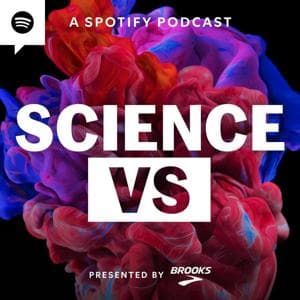Scientists have been naming ideas, theorems, discoveries, and so on after other scientists for a very long time (Newton's laws of motion, anyone?). Chemists are no different. They've been naming reactions after each other since about the early to mid 1800s. Nowadays, organic chemists in particular use them as a kind of shorthand. However, because the majority of name reactions honor white men, some organic chemists wonder if using these names is exclusionary. In the latest episode of Stereo Chemistry, host Kerri Jansen and reporter Leigh Krietsch Boerner hear from a plethora of organic chemists on how reactions get named, who they're named after, and whether the practice should stop. A script of this episode is available at bit.ly/3kU3enk.
Share your thoughts with us on Twitter! Tweet at us @cenmag, @absoluteKerri, and @LeighJKBoerner, using the hashtag #namereactions. View the Twitter thread that inspired this episode at bit.ly/34a2dS6.
Read about the 2020 class of C&EN's Talented 12 at cenm.ag/T12.
Register for C&EN's Futures Festival at futuresfestival.org. Image credit: Yang Ku/C&EN




































